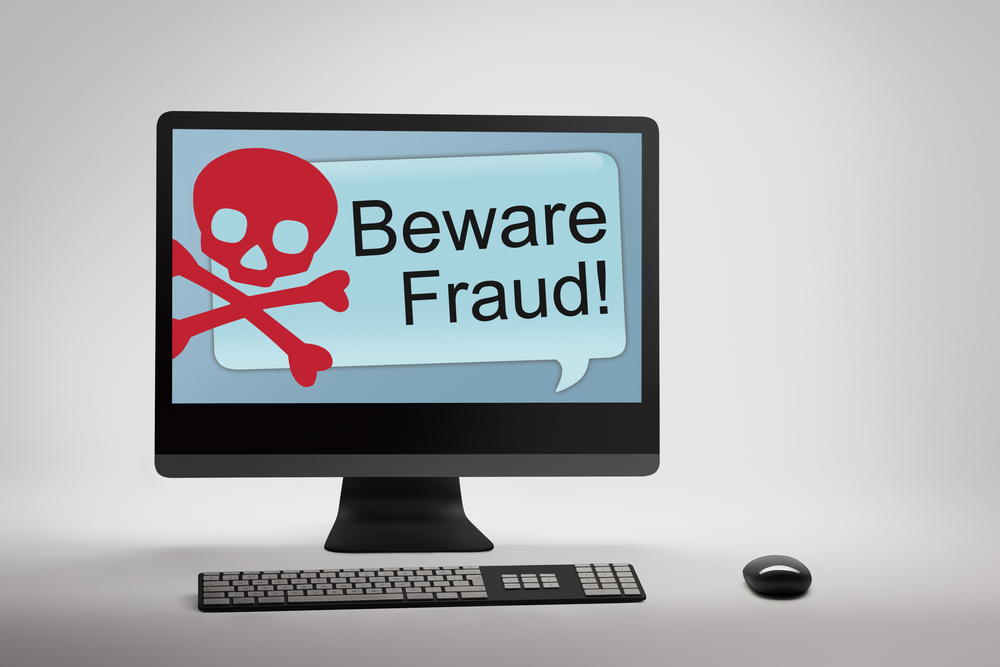Household Bills
Urgent warning as TV licence email scams skyrocket

More than 3,400 reports of scam TV licence emails have been reported to a fraud watchdog in the past fortnight.
TV licence holders have been warned to watch out for a wave of fraudulent emails claiming to be from the official licensing agency TV Licensing.
In the last two weeks, Action Fraud, the UK’s national reporting hub for fraud, has recorded 3,455 reports of fake emails which state that the recipient’s TV licence is about to expire or that there was an issue with the latest payment.
The scam emails ask customers to click on links which lead to genuine-looking but fraudulent websites, that are designed to steal personal and financial details.
Action Fraud warns that customers should not use any numbers or addresses in the scam message and it advises users to forward any suspicious emails to report@phishing.gov.uk.
According to TV Licensing, there are a number of ways to spot a potentially fraudulent email.
How to spot a TV licence scam email
- Scam emails may tell you are due a refund or cheaper licence. Genuine TV Licensing material will never do this unless the customer has contacted the organisation about a refund and is awaiting a response.
- Scam emails could say that you need to make an urgent payment. Genuine TV Licensing material will only contact customers about payments if they have missed one.
- Be wary of emails promising money/refunds. For example, phrases such as, “click below to access your refund”, followed by a request to provide your credit card or bank details. TV Licensing states that it would never process a refund in this way.
- TV Licence scam emails may show a fake licence number. Your licence number is on letters that the agency has sent, or customers can search in their email inbox for emails from ‘donotreply@tvlicensing.co.uk’ (or ‘donotreply@spp.tvlicensing.co.uk’).
- Check the spelling and grammar in the email. As scammers can’t use genuine TV Licensing web addresses or email addresses, they’ll try to use slightly different spellings – look out for hyphens and full stops in odd places.
- Be suspicious if there are mistakes in the email with capital letters or other grammatical errors, like missing full stops.
- Genuine TV licence communication won’t ask a user for their mother’s maiden name, date of birth (unless you’re over 74 and applying for a free TV Licence) or card details to make a missed payment (until you’ve signed into the actual site using licence number, surname and postcode).